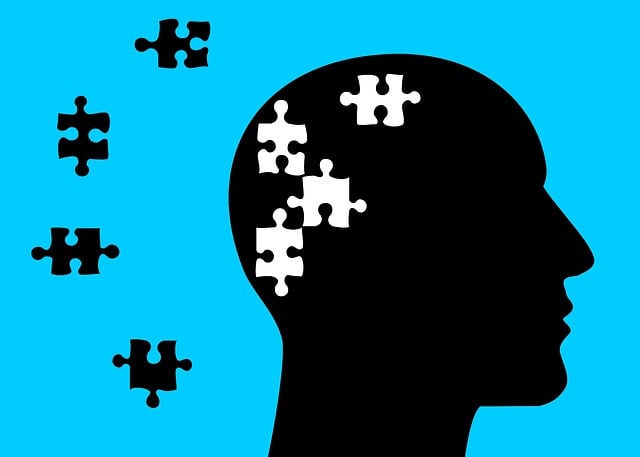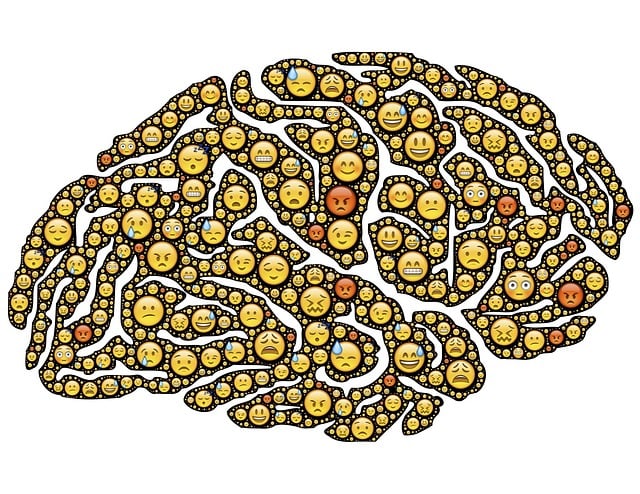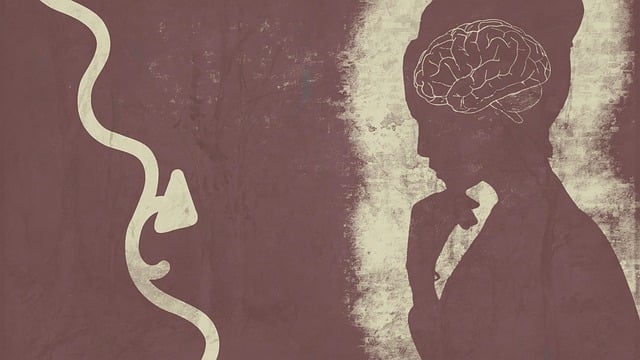Positive thinking, as advocated by Parker Geriatrics Therapy, is a powerful tool for improving the well-being of elderly individuals, offering mental and physical health benefits like improved mood, reduced stress, and enhanced cognitive function. This approach, emphasized in geriatric care, promotes resilience and emotional well-being, crucial for maintaining independence and quality of life. By integrating positive thinking strategies tailored to the specific needs of the aging population, healthcare professionals can significantly enhance geriatric patients' overall satisfaction and life quality, supported by research demonstrating improved mental health outcomes through regular practice.
“Unleash the power of positive thinking in geriatric care with a structured approach. This article explores how implementing positive thinking exercises can significantly enhance the well-being of elderly individuals, focusing on strategies tailored for healthcare professionals. We delve into effective methods, from understanding the concept to designing tailored interventions like Parker Geriatrics Therapy. Discover how these practices measure success and contribute to an improved quality of life for seniors.”
- Understanding Positive Thinking and Its Impact on Elderly Well-being
- Integrating Positive Thinking into Geriatric Care: Strategies for Healthcare Professionals
- Designing Effective Positive Thinking Exercises for Parker Geriatrics Therapy
- Measuring Success and Enhancing Quality of Life through Positive Thinking Interventions
Understanding Positive Thinking and Its Impact on Elderly Well-being

Positive thinking is a powerful tool that can significantly enhance the well-being of the elderly population. It involves cultivating optimistic attitudes and reframing negative thoughts, which has been linked to numerous mental and physical health benefits. Research suggests that positive thinking exercises can improve overall mood, reduce stress, and even boost cognitive function in older adults. This is particularly relevant in geriatric care, where promoting mental resilience and emotional well-being is essential for maintaining independence and quality of life as people age.
The impact of positive thinking on the elderly is profound, offering a means to enhance self-esteem, improve emotional regulation, and provide trauma support services. Parker Geriatrics Therapy emphasizes this approach, recognizing that a positive mindset can be a game-changer in managing age-related challenges. By incorporating simple yet effective exercises into daily routines, older individuals can learn to navigate life’s twists and turns with greater resilience, ensuring they lead fulfilling and meaningful lives despite potential health issues or cognitive changes.
Integrating Positive Thinking into Geriatric Care: Strategies for Healthcare Professionals

Integrating positive thinking into geriatric care can significantly enhance the quality of life for elderly patients. Healthcare professionals play a pivotal role in fostering this shift, utilizing strategies that promote resilience building and coping skills development. The approach should be tailored to address specific needs and challenges faced by the aging population. For instance, incorporating Parker Geriatrics Therapy techniques can facilitate positive thinking by focusing on gratitude, optimism, and reframing negative thoughts.
Mental health professionals can implement these practices during routine assessments, incorporating them into daily routines and care plans. Regular risk assessments should be conducted to identify potential mental health issues early on, allowing for prompt intervention. By integrating positive thinking exercises, healthcare providers not only support the emotional well-being of geriatric patients but also empower them with tools to navigate life’s challenges more effectively, ultimately improving overall satisfaction and quality of life.
Designing Effective Positive Thinking Exercises for Parker Geriatrics Therapy

Designing effective positive thinking exercises for Parker Geriatrics Therapy requires a nuanced approach that caters to the unique needs and capabilities of elderly patients. These exercises should be tailored to promote mental well-being, improve cognitive function, and enhance overall quality of life, aligning with the holistic goals of geriatric care. Mental health professionals play a pivotal role in creating engaging activities that stimulate positive emotions and foster resilience.
Cultural sensitivity is paramount when implementing these practices, considering the diverse backgrounds and preferences within the Parker Geriatrics Therapy community. Incorporating culturally relevant themes and techniques can significantly boost engagement and efficacy. Additionally, a comprehensive risk assessment for mental health professionals is essential to ensure safety and adaptability during exercise implementation. By integrating stress reduction methods tailored to the elderly population, therapists can create a supportive environment that encourages active participation in their own mental health journey.
Measuring Success and Enhancing Quality of Life through Positive Thinking Interventions

Measuring success and enhancing quality of life are integral aspects of any therapeutic intervention, and positive thinking exercises prove no exception. In the context of Parker Geriatrics Therapy, these exercises have shown significant promise in improving outcomes for older adults. By focusing on cultivating optimistic thoughts and reframing negative ones, individuals can experience a profound shift in their overall well-being. Research indicates that regular practice of positive thinking interventions leads to reduced stress levels, improved mood, and increased resilience – all factors contributing to better mental health.
For mental health professionals, incorporating such exercises into risk management planning is strategic. Tools like Anxiety Relief techniques through Mental Wellness Journaling Exercise Guidance can empower individuals to take control of their mental wellness. Regular journaling, for instance, allows one to track thoughts and emotions, identify negative thought patterns, and replace them with positive affirmations. This self-reflective process not only enhances awareness but also provides tangible evidence of progress over time. As professionals guide patients through these exercises, they contribute to a holistic approach to care, ensuring not just symptom management but also the overall enhancement of life quality.
Positive thinking exercises, as demonstrated by Parker Geriatrics Therapy, present a powerful tool for enhancing the well-being of the elderly. By integrating these strategies into geriatric care, healthcare professionals can significantly improve quality of life and overall satisfaction among their patients. Measuring success through consistent evaluation allows for continuous improvement, ensuring that interventions remain effective and impactful. This multi-faceted approach, backed by scientific understanding, offers a promising path towards fostering a happier and healthier aging process.














